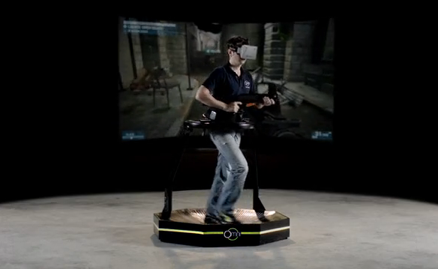

When Google Glass was launched to mixed reviews previously, many people doubted the appeal, practically and longevity of virtual reality as a viable concept. Considered to be over-priced and poorly designed, the proto-type Google Glass drew negative criticism and was ultimately withdrawn from the market.
This seemed to underline Google’s inadequacies when it comes to manufacturing hardware, but the brand has learned the harsh lessons of such failures. It now tends to outsource hardware design and logistic requirements to specialists, while focusing on creating the type of advanced software that defines the brand.
With a RayBan spokesperson having recently quashed rumours by confirming that Google Glass 2 was set to be released onto the market, the portents for the VR marketplace seem far healthier than they were two years ago. Alongside the procurement of Oculus Rift by Facebook and Sony’s launch of the competing Project Morpheus, consumers will soon be spoiled for choice when selecting from a range of premium VR headsets and wearable technology garments. There are even lower cost virtual reality headsets launching at the affordable end of the market, after Texan start-up Merge VR announced plans to sell hardware for as little as $130 in the near future.
You Might Also Enjoy: Everything You Wanted to Know About Pinterest – Infographic
While the future for the VR market looks bright and lucrative, however, it is worth considering how this growth will impact on specific markets. The gaming sector is arguably best placed to benefit from VR technology, particularly when you consider the increasingly interactive nature of social and mobile casino games. Virtual Reality capabilities and headsets would create an even more immersive gaming experience, as mobile sites like casinotropez.com are transformed into authentic, three-dimensional structures that accurately replicate a bricks and mortar casino.

With these points in mind, we can draw two key findings. The first is that 2015 will see the virtual reality market explode, as rival operators and talented developers launch a range of diverse products for consumers to enjoy. The second is that the social and mobile gaming sectors will benefit hugely from VR technology, with online casinos particularly likely to reach an entirely new level in terms of engagement and interaction. While console and desktop gaming will also benefit, cost restrictions mean that purchasing VR headsets alongside games and platforms may be too much for the typical budget to bear.
For mobile gambling sites, however, the emergence of accessible VR technology has been perfectly timed. Operators have spent years developing accurately paced gameplay that replicates land-based casinos; while there have also been moves to improve the authenticity of interaction between gamers and online dealers. This has laid the foundations for live, real-time gameplay, and this will only be enhanced further by VR headsets and the technology that underpins them.
